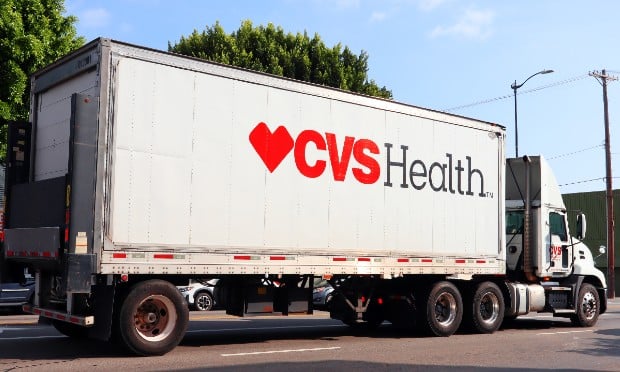 Lori Fearon is a benefitsconsultant with PayneWest Insurance, a top-40 nationally rankedinsurance agency that is fiercely independent. Lori and her teamfocus on building employee benefit programs that are data-driven,innovative and transparent.
Lori Fearon is a benefitsconsultant with PayneWest Insurance, a top-40 nationally rankedinsurance agency that is fiercely independent. Lori and her teamfocus on building employee benefit programs that are data-driven,innovative and transparent.
Paul Wilson: How did you get your start in the benefitsindustry?
Right after I graduated, I went to work as an administrativesocial worker, but there were many changes in our government andvarious programs at the time, so I began to think the future didn'tlook bright in that area. I answered a call and was recruited intoFarmers Insurance. I started my own agency and worked in lifeinsurance but realized I didn't want to be the person who hired andmanaged staff and paid the bills and all that. I really wanted towork with people and be on the front line. I was then recruited toour agency.
Continue Reading for Free
Register and gain access to:
- Breaking benefits news and analysis, on-site and via our newsletters and custom alerts
- Educational webcasts, white papers, and ebooks from industry thought leaders
- Critical converage of the property casualty insurance and financial advisory markets on our other ALM sites, PropertyCasualty360 and ThinkAdvisor
Already have an account? Sign In Now
© 2024 ALM Global, LLC, All Rights Reserved. Request academic re-use from www.copyright.com. All other uses, submit a request to [email protected]. For more information visit Asset & Logo Licensing.








